Reported by Ng Xue Lin
Edited by Supriya Sivabalan
On the 4th of August, Sunway University Buddhist Society held a musical entitled Stargazing By the Bow. The musical revolves around the teachings of Buddha, more specifically the mantra: 面对它,接受它,处理它,放下它, which translates to face it, accept it, deal with it and let go of it. In times of adversity, there is the propensity for many of us to run away from our problems instead of facing it,hence this mantra encourages us to face up to our problems in order to find true liberation as well as a peace of mind.
The musical commenced with the first scene, which depicted the scene of a father affectionately playing the violin for his son, Ming Yang. At the sight of his father playing away melodiously at the violin, he was inspired to learn it. He then took music lessons regularly to learn the violin.
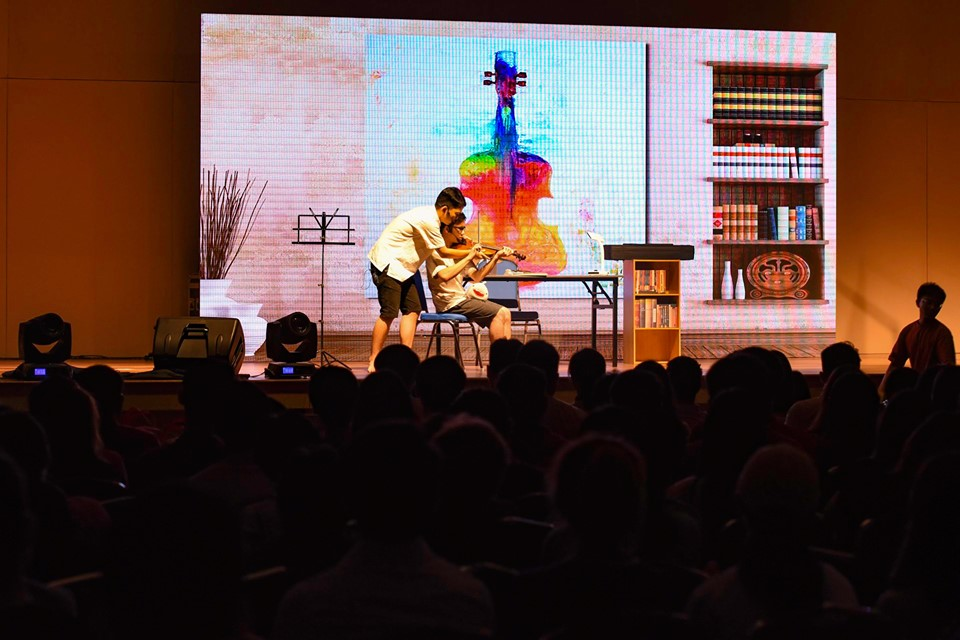
After a heated argument, Ming Yang and his father’s relationship deteriorated. With hopes to make amends to their relationship, his father spent his days composing, even forgoing food and sleep. Unfortunately, he experienced a heart attack and passed on.
Ming Yang does not take it well and becomes hateful towards music and himself, blaming himself for not reconciling with his father before his death. He takes it hard upon himself, expressing his anger with loud cries – to the point of smashing his violin, leaving it in pieces. He gives up on his dreams to pursue music. This scene was particularly captivating as it was an extremely realistic portrayal of the heartache that people go through when they experience the loss of a loved one. Many were sniffling and tearing up by the end of it.

5 years later, upon running into his former classmate, Li Ying, in a cafe, they fall in love. In this scene, the audience was evidently engaged and they teased Min Yang through taunts like “Give her your number”. Their shy and awkward interactions brought butterflies into our stomachs- reminiscent of how one feels when they experience their first love. This was then followed by a dance which enchanted the audience with their sweet and synchronised movements.

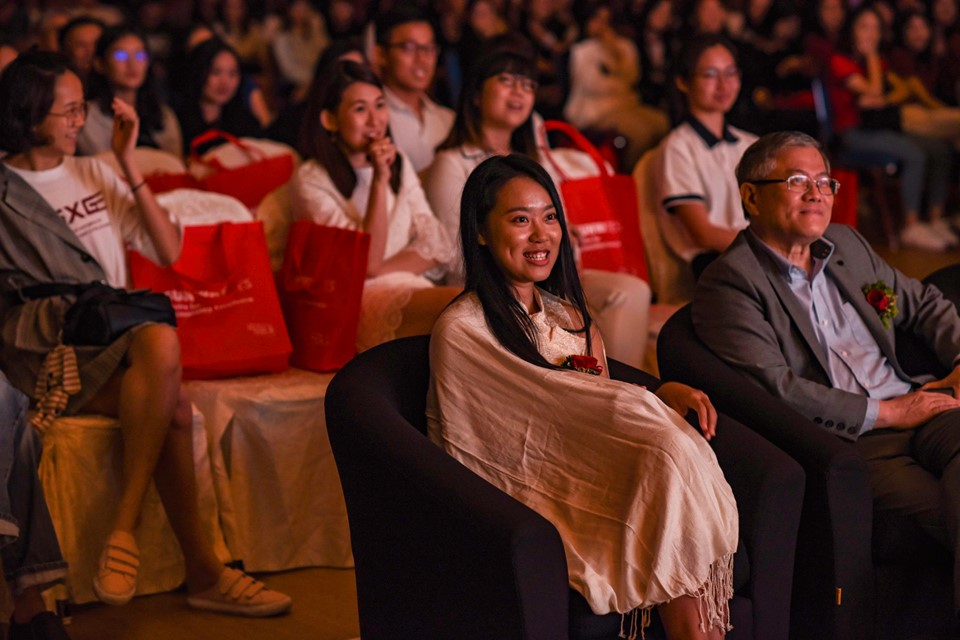
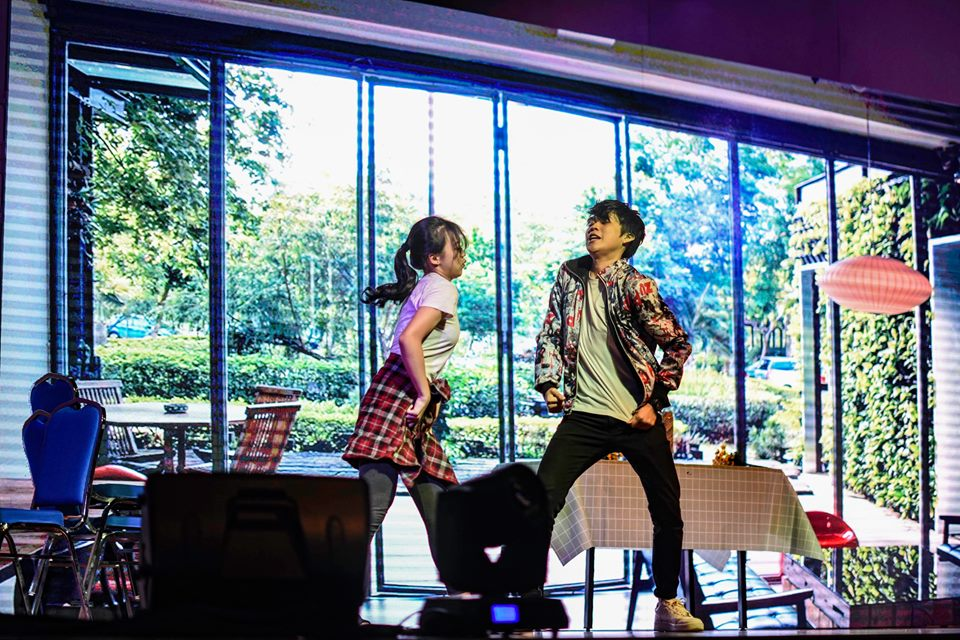
Li Ying, after hearing about his love for music from Min Yang’s mother, tries to convince him to get back into music but to no avail. They fight, but eventually make up and he agrees to attend an orchestra with her. At the orchestra, he hears of how his father wanted him to continue playing the violin and perform a song together with him before he left. The conductor who told him that then hands him a violin, encouraging him to reignite his passion for playing the violin.
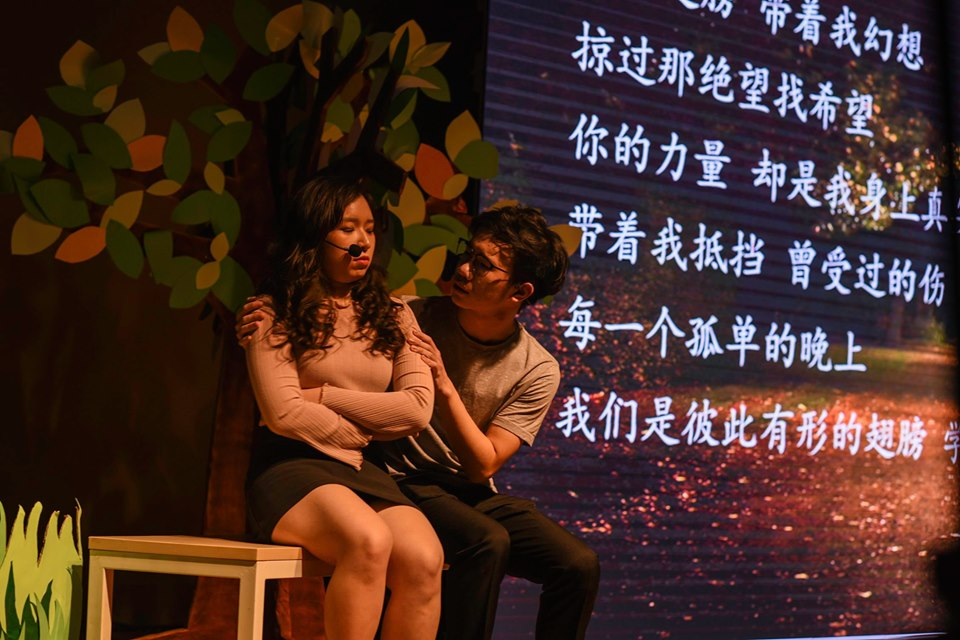
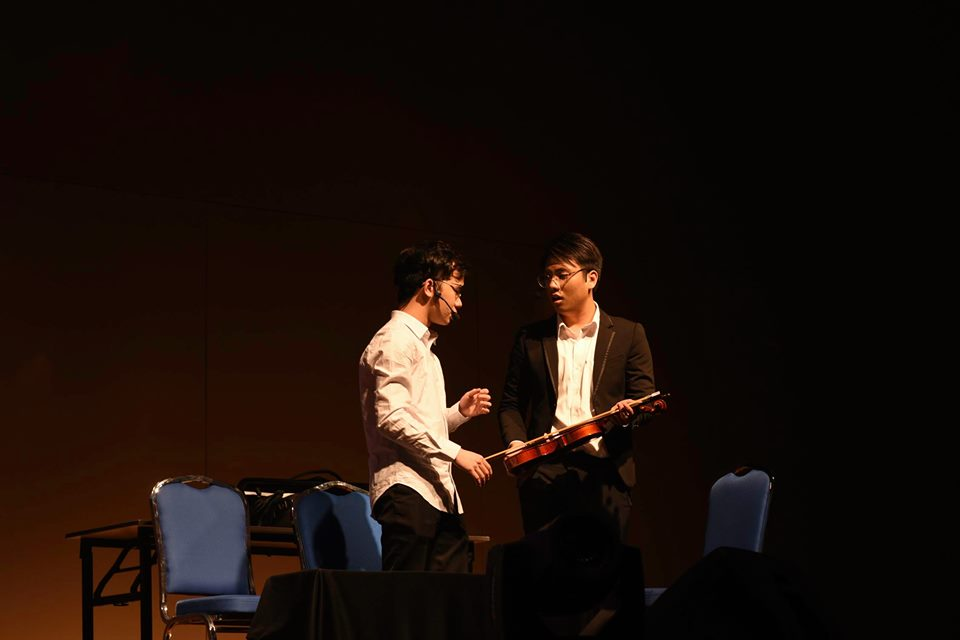
Min Yang, empowered, faces up to his issue of constantly blaming himself for his father’s death and not reconciling with him earlier by visiting his grave. He opens up to his father and apologises for all that happened, expressing his regret.T hen, he plays the violin one last time for his father. This gives him a peace of mind having lifted this heavy burden he had been carrying on his shoulders for a long time. He is then seen having rekindled his love for playing the violin in the scene where he joins a music competition. Shortly after, a song titled 爸爸的梦, also known as father’s dream, was performed. The bittersweet and soulful voices of the singers left the audience in awe as they turned on their flashlights on their phones and raised it up, swaying to the music.
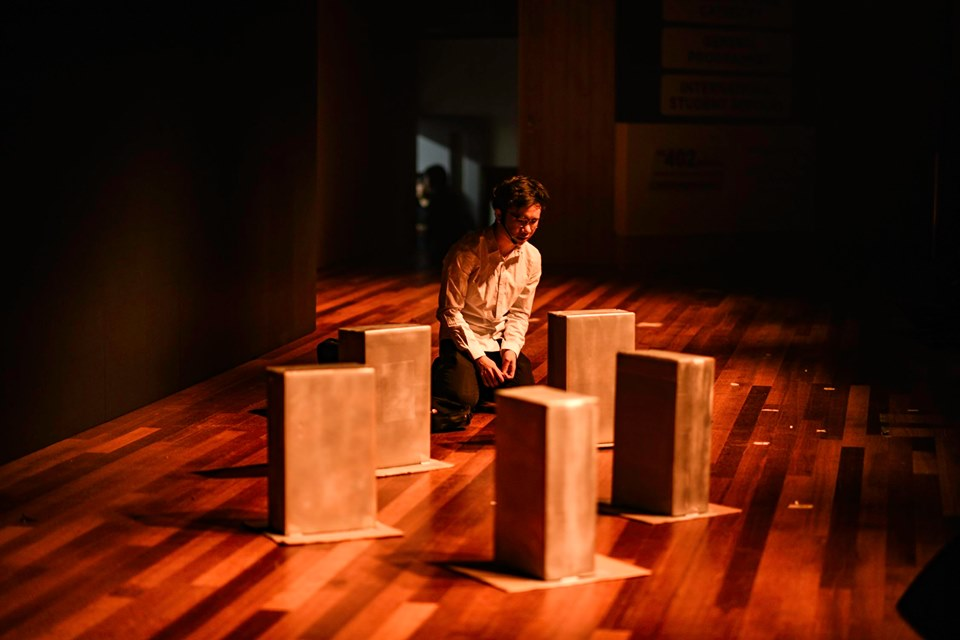
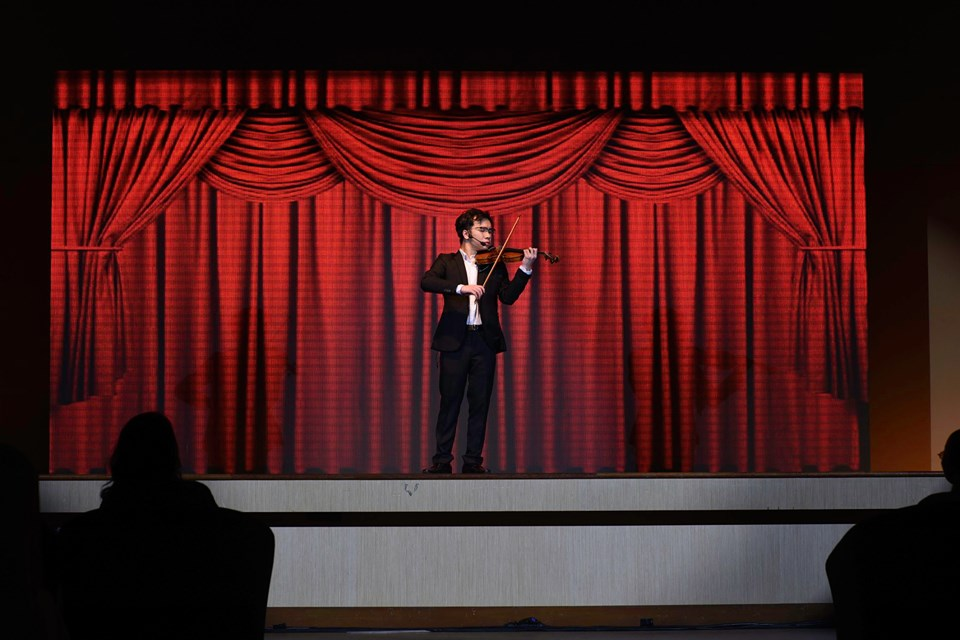
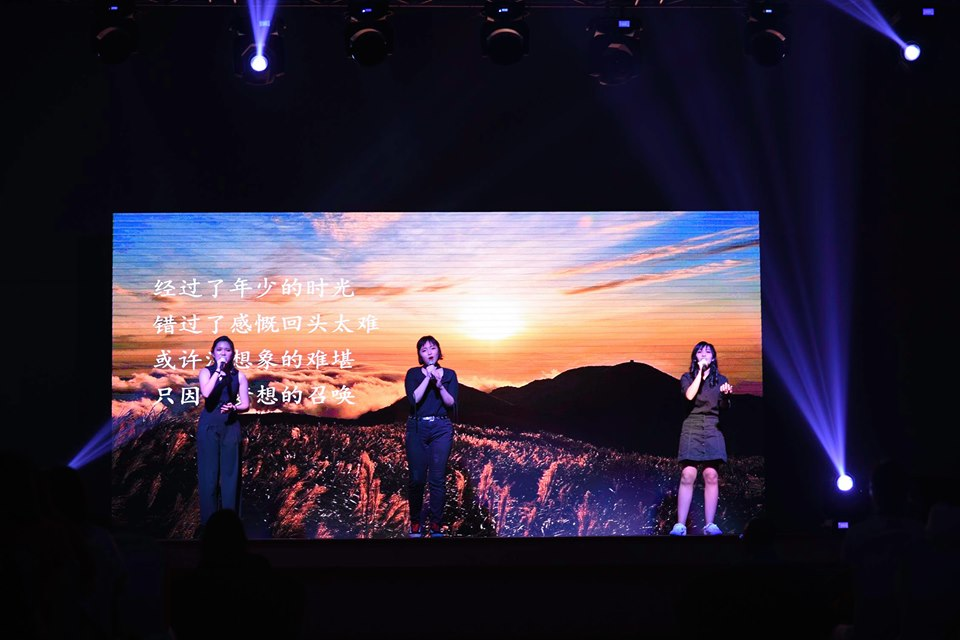

The end of the musical was marked by a final performance, called 三好 which involved everyone who was involved in the performing and planning of the musical. This lively and upbeat song encompassed the teachings of Buddha, bringing the focus of the audience back to that. Performed only with simple hand gestures, it allowed the audience to follow the tempo and enjoy the song with them.
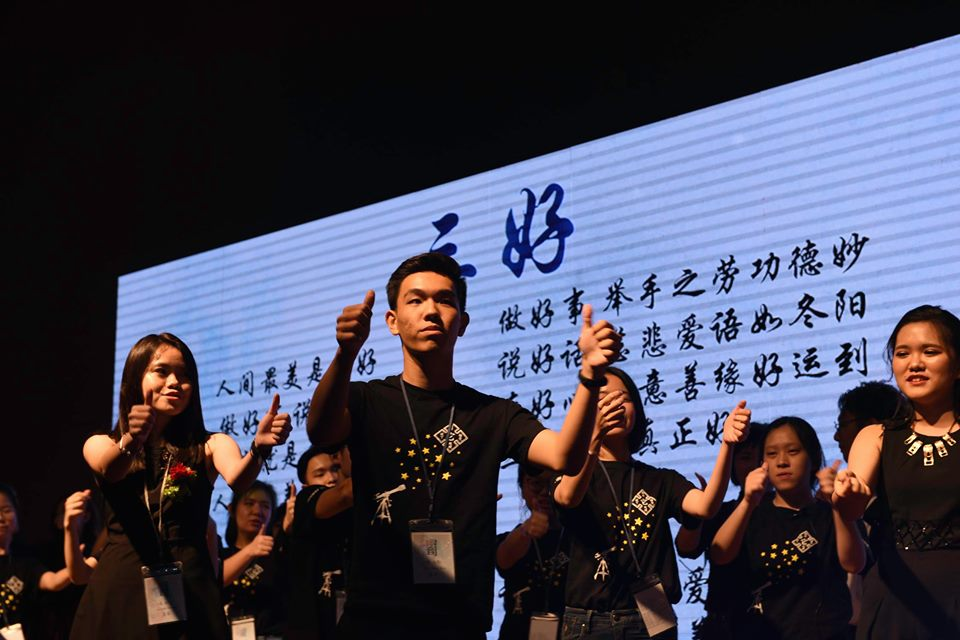
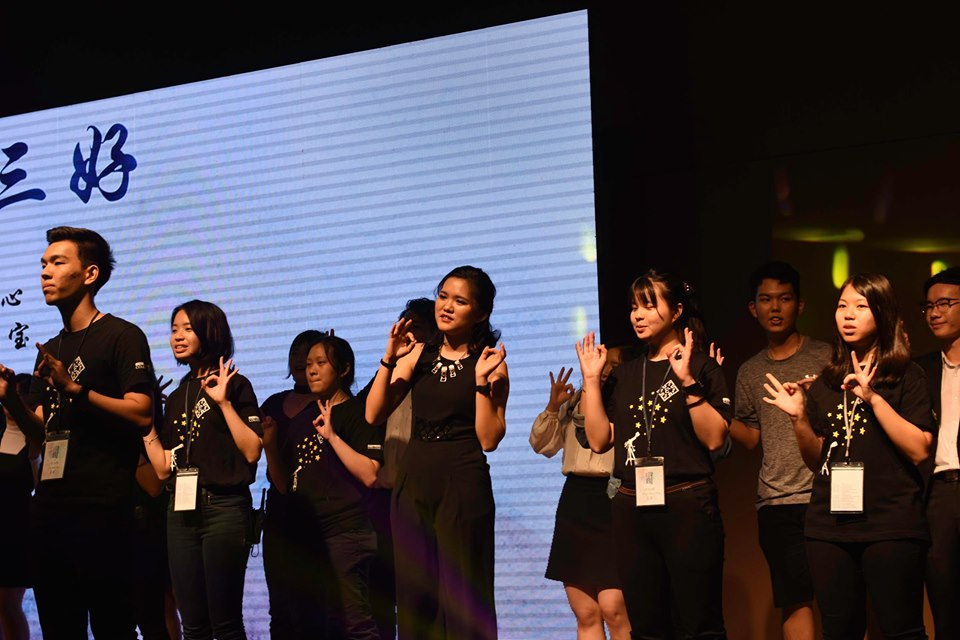
Lastly, a special guest, renowned in Malaysia for her faith and her widespread teachings, Venerable Chang Di Dharma, talked about transcendence of merits and she shared the significance of the mantra in dealing with the problems that we face in life wisely. Apart from that, she also stressed on how wisdom and compassion are instrumental in our lives, as it is what will lead us to lead more peaceful and fulfilling lives.
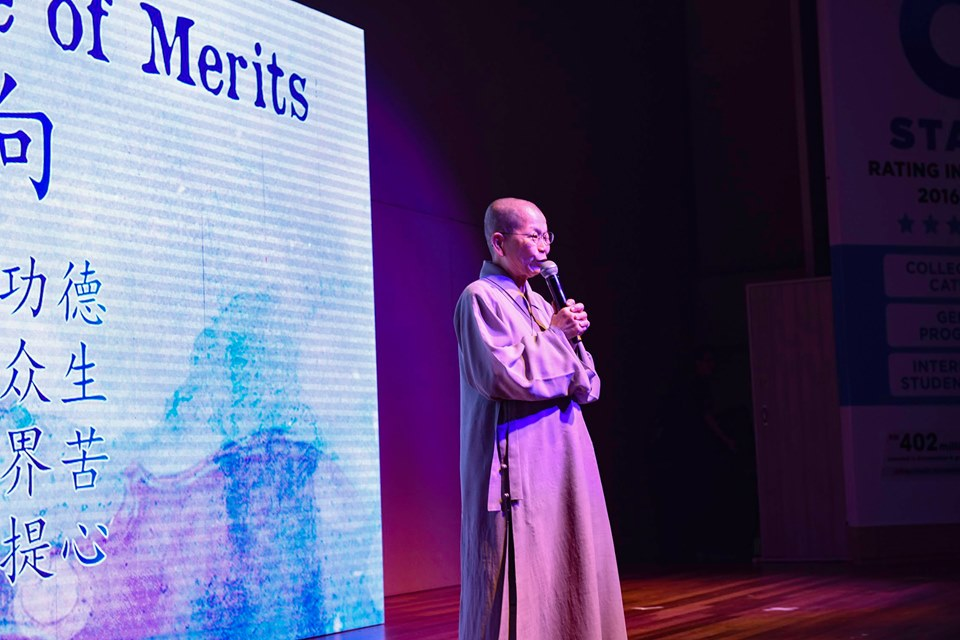
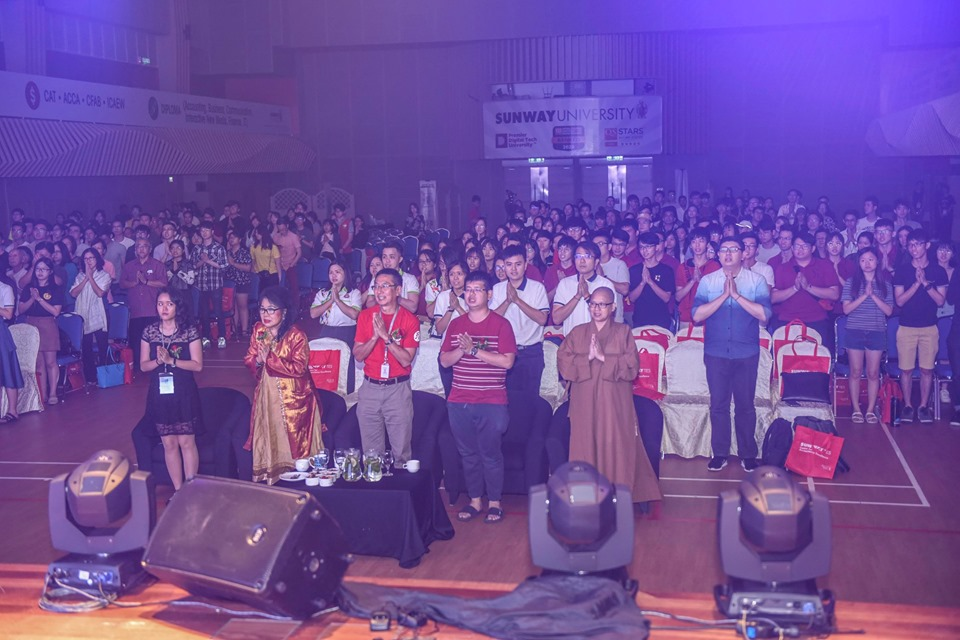
Overall, the musical was nothing short of educational and enthralling. Instead of simply telling us what the mantra was, they put up a spectacular musical which truly brought out the meaning of it. Even for non-believers of Buddhism, there was definitely something to take away from the musical, seeing as how the mantra is applicable towards multiple facets of our lives. While the actors, singers and dancers were absolutely amazing, the effort put into the setup, props and costumes also undeniably complemented the performance put up. We certainly look forward to another exciting musical next year!


